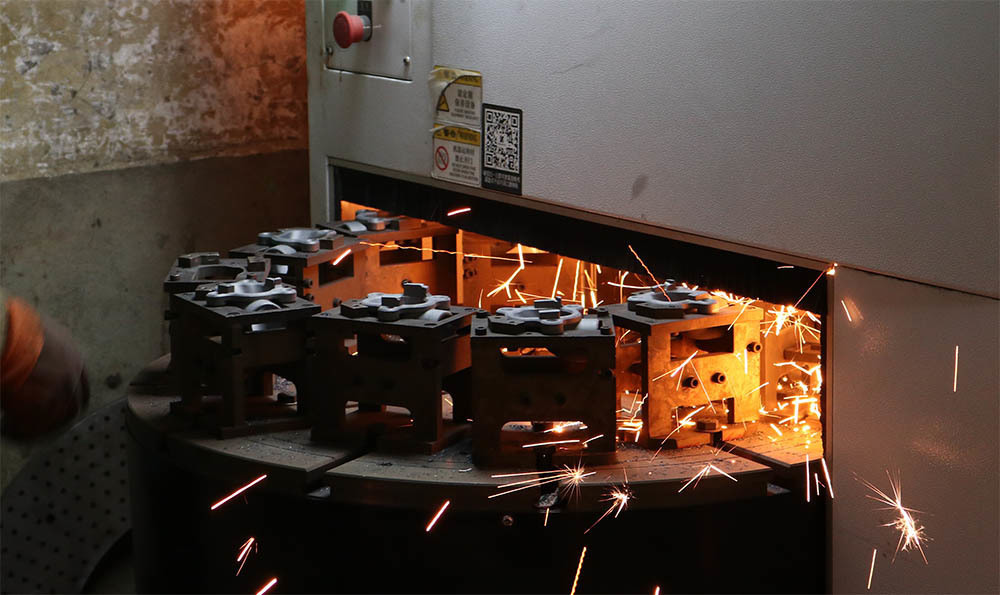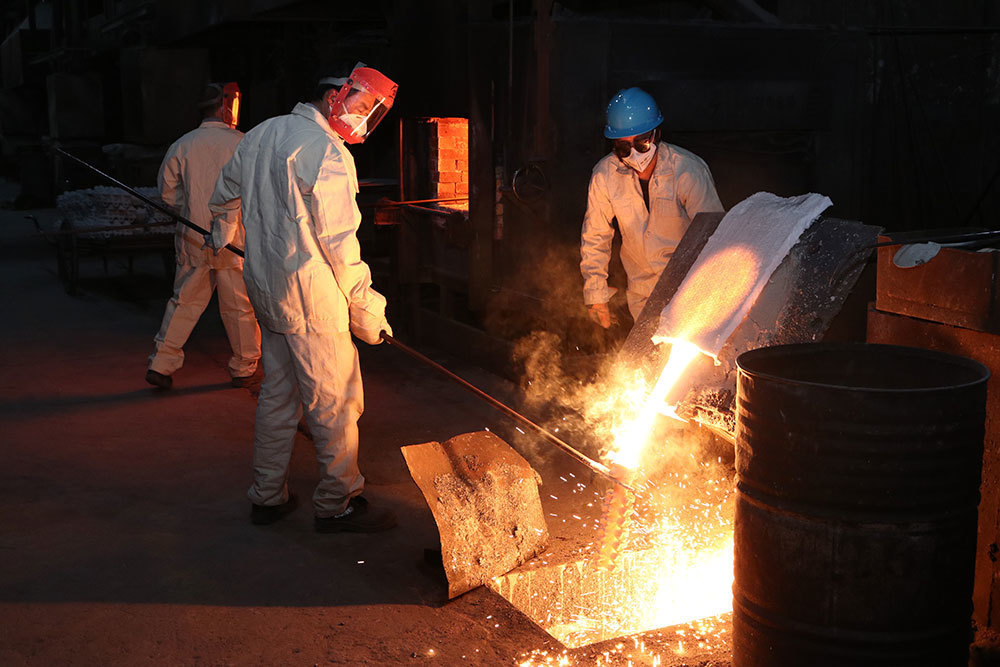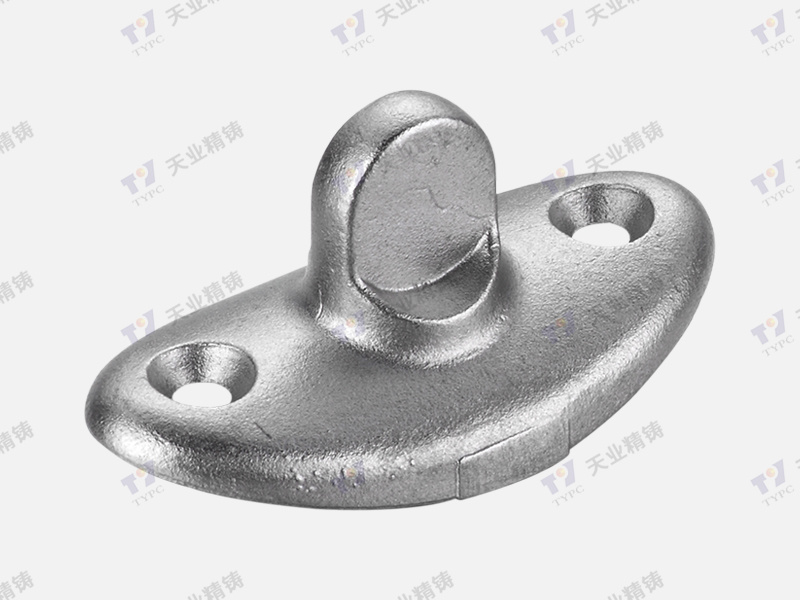2025-05-16
Understanding High Conductivity Pure Copper Castings for Industrial Applications
High conductivity pure copper castings are pivotal to many industrial applications due to their outstanding electrical and thermal conductivity. Copper is renowned for being one of the best conductors of electricity, surpassing other metals like aluminum and silver in many aspects. High conductivity pure copper castings are typically utilized in components that demand efficient heat dissipation, electrical connections, and durability.
One of the key advantages of high conductivity pure copper is its ability to minimize energy loss during transmission. For instance, in electrical connectors and circuit components, the use of high conductivity copper ensures that minimal resistance is encountered, which translates into lower energy consumption and enhanced system efficiency. This property is especially beneficial in environments where performance and reliability are critical, such as in power generation and distribution systems.
Moreover, these castings exhibit excellent thermal conductivity, making them ideal for heat exchangers and cooling systems. In industrial settings, managing heat is crucial to the longevity and reliability of machinery. High conductivity pure copper castings facilitate effective heat transfer, preventing overheating and ensuring optimal operating conditions. This leads to improved system performance and reduced downtime for maintenance.
Additionally, high conductivity pure copper castings possess superior mechanical properties, including strength and ductility. These characteristics enable the material to withstand significant stress and strain, making it suitable for demanding applications. In manufacturing processes where components are subjected to high mechanical loads, the durability of pure copper castings is essential to maintain operational integrity.
The manufacturing process of high conductivity pure copper castings involves precise techniques to ensure that the final product maintains its conductive properties. Melting and casting methods must be carefully controlled to avoid impurities that could hinder conductivity. This attention to detail not only enhances the performance of the castings but also ensures they meet industry standards.
In conclusion, high conductivity pure copper castings are integral to the efficiency and reliability of various industrial applications. Their exceptional electrical and thermal conductivity, coupled with strong mechanical properties, make them indispensable in the development of advanced industrial components. Understanding the benefits and applications of these castings can significantly impact performance and energy efficiency in industrial settings.
One of the key advantages of high conductivity pure copper is its ability to minimize energy loss during transmission. For instance, in electrical connectors and circuit components, the use of high conductivity copper ensures that minimal resistance is encountered, which translates into lower energy consumption and enhanced system efficiency. This property is especially beneficial in environments where performance and reliability are critical, such as in power generation and distribution systems.
Moreover, these castings exhibit excellent thermal conductivity, making them ideal for heat exchangers and cooling systems. In industrial settings, managing heat is crucial to the longevity and reliability of machinery. High conductivity pure copper castings facilitate effective heat transfer, preventing overheating and ensuring optimal operating conditions. This leads to improved system performance and reduced downtime for maintenance.
Additionally, high conductivity pure copper castings possess superior mechanical properties, including strength and ductility. These characteristics enable the material to withstand significant stress and strain, making it suitable for demanding applications. In manufacturing processes where components are subjected to high mechanical loads, the durability of pure copper castings is essential to maintain operational integrity.
The manufacturing process of high conductivity pure copper castings involves precise techniques to ensure that the final product maintains its conductive properties. Melting and casting methods must be carefully controlled to avoid impurities that could hinder conductivity. This attention to detail not only enhances the performance of the castings but also ensures they meet industry standards.
In conclusion, high conductivity pure copper castings are integral to the efficiency and reliability of various industrial applications. Their exceptional electrical and thermal conductivity, coupled with strong mechanical properties, make them indispensable in the development of advanced industrial components. Understanding the benefits and applications of these castings can significantly impact performance and energy efficiency in industrial settings.









